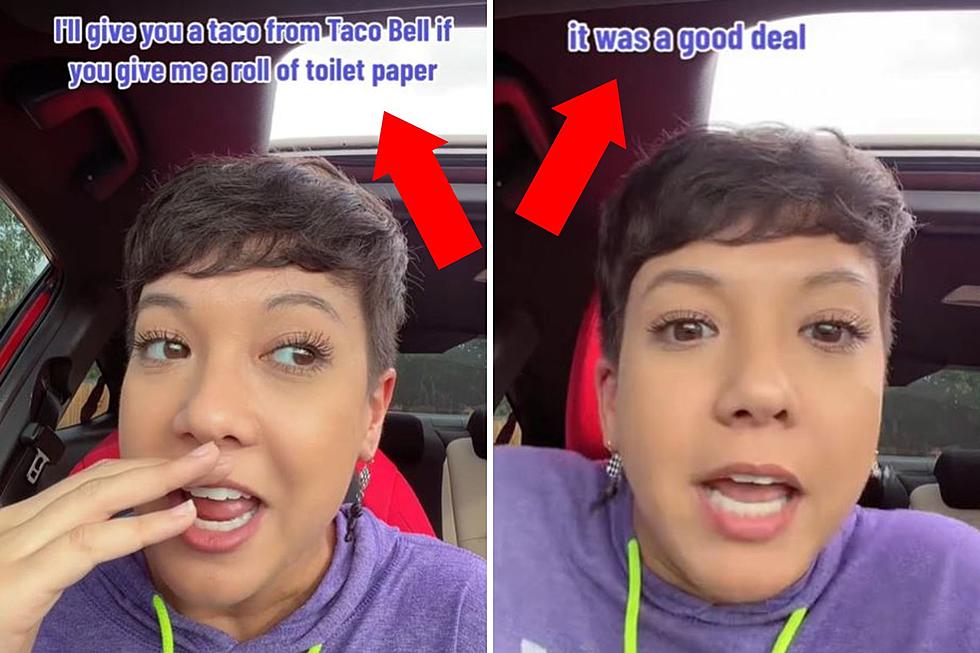
Illinois Is Being Invaded By Worms That Jump A Foot In The Air
Sure. Why Not? I mean, we've got record-high gas prices, supply shortages, the lingering effects of a pandemic, political unrest, and a war in Europe--so why not throw in an invasive species of worm that can leap into the air. We needed something else to worry about.
Did I mention that these jumping worms have giant talons and teeth that are capable of ripping an adult human to shreds in less than 30 seconds?
No? Well, that's good, because they don't, and I would hate to lie to you for extra clicks.
The "Jumping Worm," AKA The "Crazy Worm," AKA The "Snake Worm" Has Spread To Over 40 Illinois Counties, Including Winnebago, Dekalb, Jo Daviess, And Stephenson
It's also in 40 states and counting, so it's not just an Illinois, or even Midwestern problem. What jumping/crazy/snake worms do is absolutely devastate soil, which can and will pose a huge problem for farms, gardens, forests, and every other sort of ecosystem dependent on the earth itself for sustenance.
According to SmithsonianMag.com:
After jumping worms feed their insatiable appetites, they leave behind loose, granular soil the texture of coffee grounds. This altered soil can no longer retain moisture, lacks nutrients and quickly erodes.
The University Of Illinois Extension Has A Warning For Perennial Plant Lovers
Maybe you're a hardcore gardener with a wide variety of plants, vegetables, flowers, and more. You'll want to be careful about dividing up and moving perennials because you can make the jumping/crazy/snake worm problem worse.
Much to the dismay of generous gardeners as well as organizations selling shared perennials, spread of this invasive species can also happen quickly through dividing and moving perennial plant species. Spring is often the time of plant sales and sharing perennials, this practice can be harmful to private yards and gardens, as well as forested land.
Click here to learn more about these invasive pests from the University Of Illinois Extension.
20 Things About Rockford Summers That Will Give You Instant Nostalgia
LOOK: Here Are 30 Foods That Are Poisonous to Dogs
More From 97 ZOK









